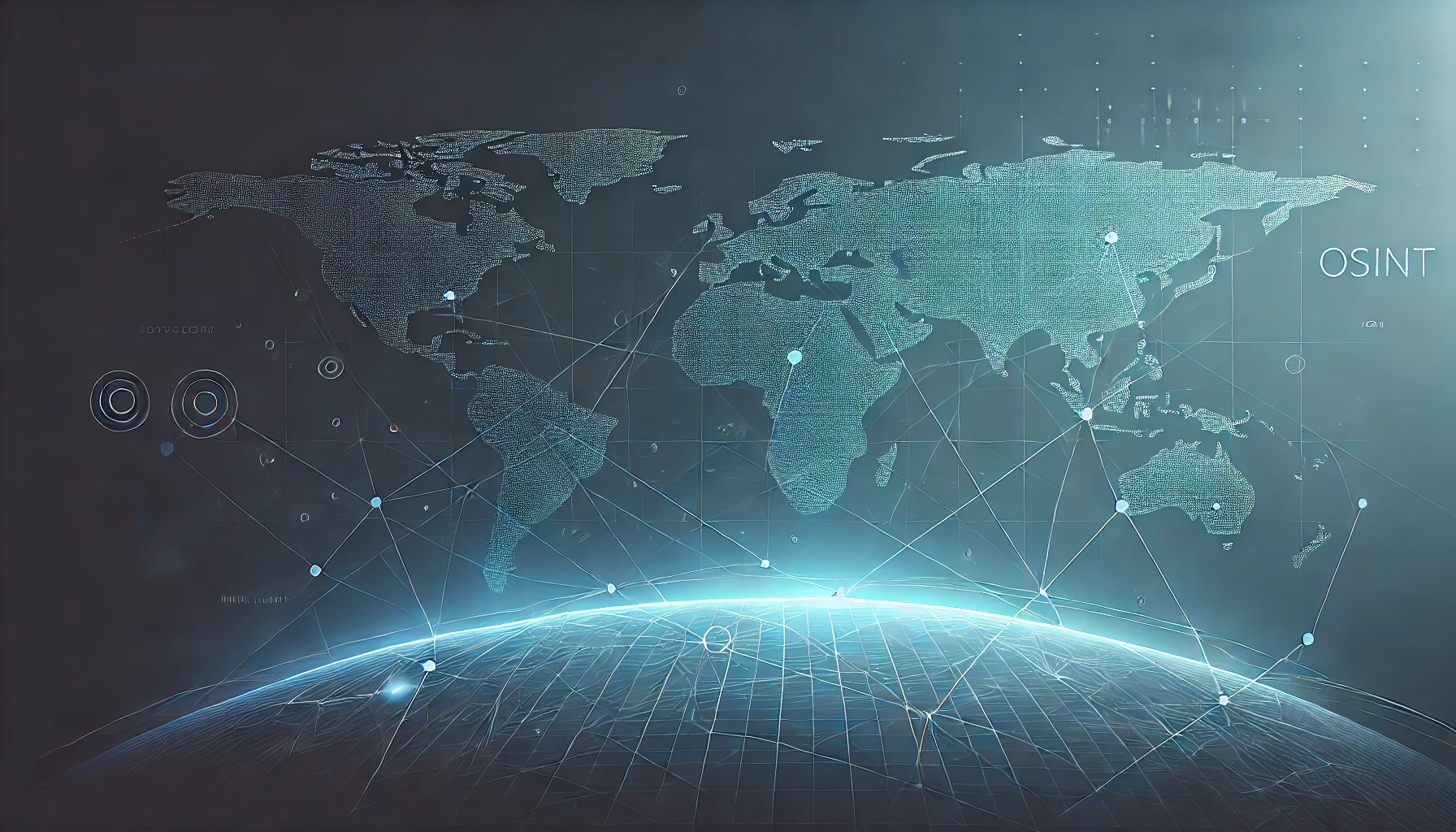
Explore our comprehensive intelligence summaries from around the globe. We cover the most critical topics and consistently update our content to keep you informed.
The Resilient Force: Understanding the Houthis and Their Impact
The Houthis, originally a small revivalist group in Yemen, have evolved into a formidable political and military force. Supported by Iran, they control significant parts of Yemen and have recently escalated their operations to include attacks on international shipping in the Red Sea. Their ability to disrupt global trade routes and their impact on regional stability highlight the complexities of their influence. As they continue to navigate their alliances and conflicts, the Houthis remain a significant player in the geopolitical landscape of the Middle East.

